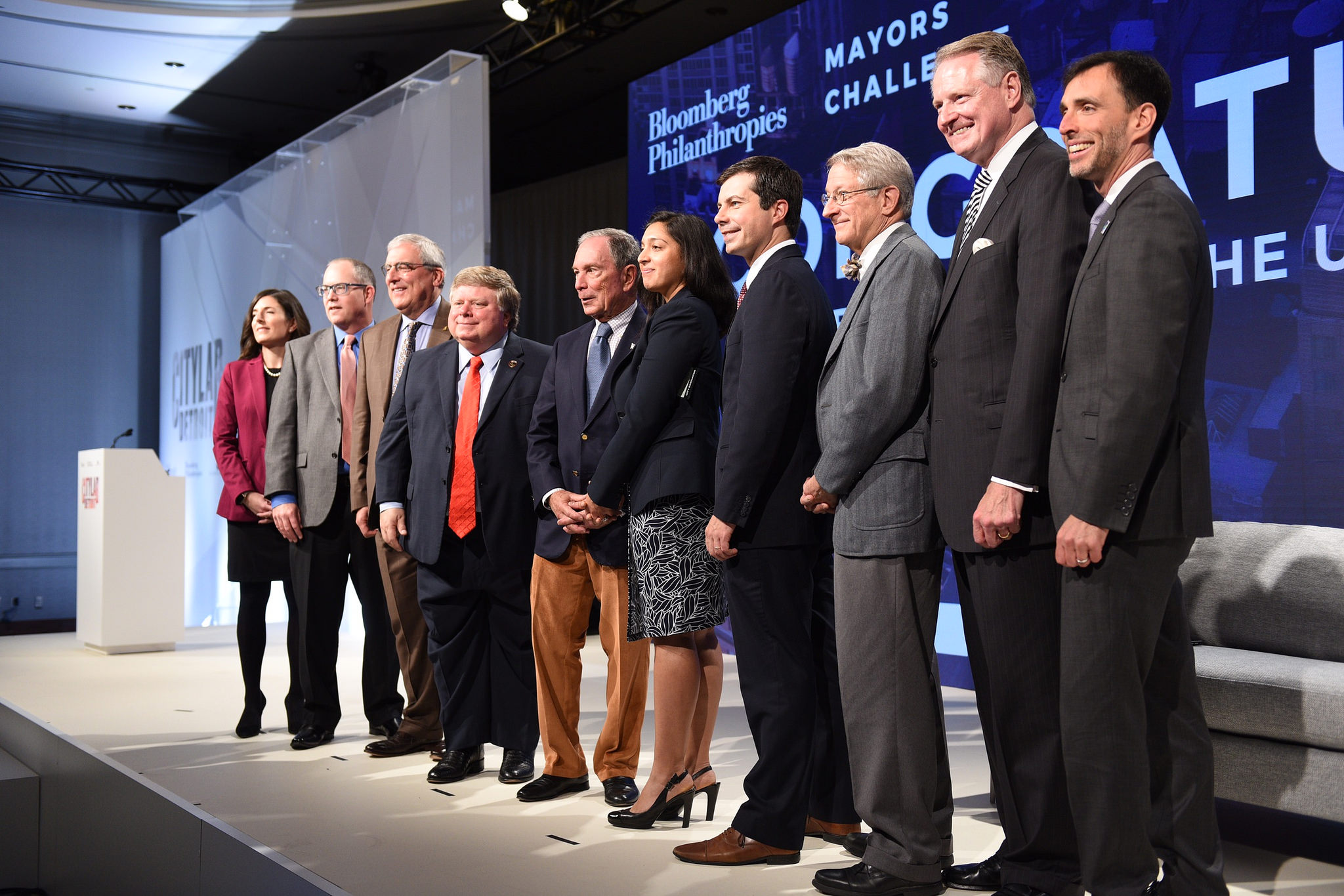
In 2018, the formerly Republican mayor announced a public commitment to donate $80 million to Democrats in the midterm elections, with an emphasis on flipping the House of Representatives by bankrolling female candidates. Since leaving New York's city hall in 2013, campaign and charity disclosure documents reviewed by ABC News show that Bloomberg has emerged as a power broker. But in December, a spokesperson told The New York Times that Bloomberg was "damn proud" of his philanthropic record, adding that "unlike Donald Trump, Mike Bloomberg has a real foundation that does real work addressing people's serious needs with no expectations of anything in return." Congressional king-maker The Bloomberg campaign did not immediately respond to ABC News' request for comment. His campaign has opened 150 offices and filled them with more than 2,400 campaign staffers who, according to The New York Times, are often paid nearly double a typical campaign salary.Īnd, as records show, he's growing an army of support among local and congressional leaders who have previously benefited from his largesse. Before jumping into politics in 2015, Trump was also a longtime donor to Republicans and Democrats up and down the ballot - but not on Bloomberg's scale.īloomberg has already spent more than $350 million of his own money, flooding the airwaves with advertisements. He ultimately spent $66 million of his own money on the campaign, but brought in far more – nearly $270 million – in donations.

By virtue of the sheer volume of money at his disposal - a net worth estimated at more than $60 billion - Bloomberg is upending the typical arc of a presidential bid.Īnother self-described self-funded candidate, Donald Trump, once pledged not to accept donations in 2015. But what's becoming clear, Dowd and others said, is that the Bloomberg campaign for the Democratic nomination is redefining the role of money in politics. The full impact of such endorsements isn't yet known.


 0 kommentar(er)
0 kommentar(er)
